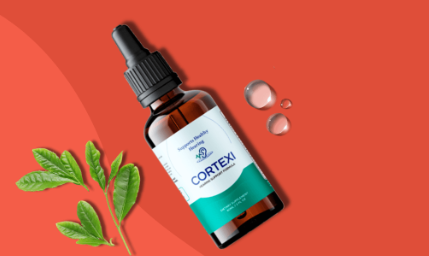Pharmaceutical Liability: Analyzing Taxotere’s Impact on Patients and Litigation Trends

Taxotere, known for its active ingredient docetaxel, has been a widely used chemotherapy agent for treating various cancers. As per information provided by Drugwatch, Taxotere is an anti-cancer medication manufactured by Sanofi-Aventis. It falls under the taxane drug class and was derived from the Pacific Yew tree’s bark, making it a plant alkaloid, as referred to by researchers.
However, its impact on patients has come under scrutiny due to serious eye injuries and complications. As more patients report vision-related problems, such as excessive tearing, occlusion, and scarring of the lacrimal system, questions of pharmaceutical liability have arisen, and litigation trends have started to emerge.
In this article, we delve into the complex issue of Taxotere’s impact on patients and explore the evolving landscape of litigation surrounding the drug.
Table of Contents
Taxotere and Eye Injuries: Understanding the Connection
One of the most concerning aspects of Taxotere treatment is its link to ocular side effects. The drug’s over-stabilization of cancer cells can lead to the drug entering the tear film and causing irreversible damage to the lacrimal system.
Canalicular stenosis and punctal stenosis, which involve obstruction, scarring, or blockage of the tear ducts, can lead to chronic watery eyes (epiphora) and other severe eye injuries. Patients experiencing such symptoms may not immediately attribute them to the chemotherapy, leading to potential misdiagnosis or delayed treatment.
Pharmaceutical Liability and Informed Consent
The pharmaceutical industry bears the responsibility of providing patients with accurate information about the potential risks and side effects of their medications. The Institute for Healthcare Communication’s research highlights strong positive links between healthcare team members’ effective communication skills and patients’ adherence to medical advice.
In the case of Taxotere, there have been allegations that the drug’s manufacturer, Sanofi, failed to adequately warn about the risk of ocular complications. This failure to provide sufficient warning may have deprived patients of the opportunity to make informed decisions about their treatment and pursue alternative options.
The Rise of Taxotere Lawsuits
As awareness of Taxotere’s eye injuries grows, so does the number of patients seeking legal recourse. Thousands of cancer patients have filed a Taxotere eye injury lawsuit against Sanofi, alleging that the company’s negligence in disclosing the potential risks of the drug led to their eye injuries. The plaintiffs are seeking compensation for medical expenses, pain and suffering, lost wages, and other damages resulting from Taxotere treatment.
According to a report by AboutLawsuits, the U.S. Judicial Panel on Multidistrict Litigation on March 16 stated that there are currently a minimum of 168 federal lawsuits related to Taxotere. Due to the increasing number of Taxotere eye injury lawsuits filed across the country, these cases have been centralized and consolidated before the U.S. District Judge Jane Triche Milazzo in the Eastern District of Louisiana.
Challenges in Taxotere Litigation
According to TorHoerman Law, the landscape of pharmaceutical liability lawsuits can be complex and challenging. Taxotere cases face hurdles such as proving causation between the drug and the eye injuries, demonstrating that the manufacturer had a duty to warn.
Additionally, legal teams must navigate the intricacies of medical evidence, expert testimony, and class action considerations to build a strong case on behalf of the affected patients.
The Impact on the Pharmaceutical Industry
The legal battles surrounding Taxotere could have far-reaching implications for the pharmaceutical industry as a whole. Drug manufacturers may face increased scrutiny over their disclosure practices and the thoroughness of their clinical trials.
Regulatory bodies might revise guidelines for drug warnings and informed consent procedures. Moreover, pharmaceutical companies may need to reevaluate their risk management strategies to ensure patient safety remains at the forefront of drug development and marketing.
Final Word
Taxotere’s association with severe eye injuries has led to a surge in pharmaceutical liability lawsuits against its manufacturer, Sanofi. The litigation trends highlight the importance of providing patients with accurate information and informed consent about potential drug risks.
As thousands of patients seek legal recourse, the pharmaceutical industry may face increased scrutiny over disclosure practices and clinical trial thoroughness. This situation underscores the need for drug manufacturers to prioritize patient safety and transparency in their practices.
It also signals the potential for regulatory revisions and changes in risk management strategies to ensure the well-being of patients remains paramount in drug development and marketing.




